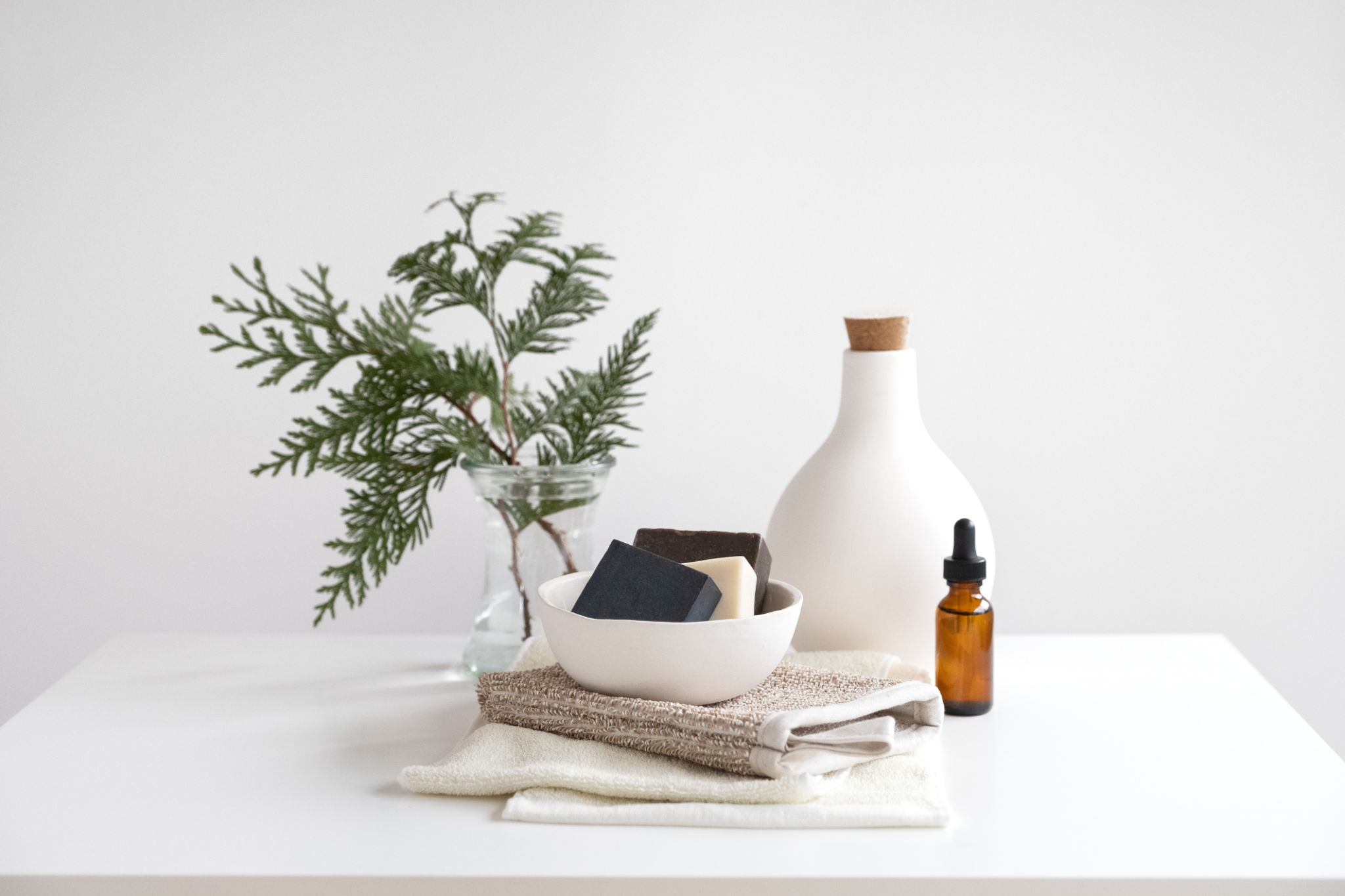Common Myths About Essential Oils: What You Need to Know
Understanding Essential Oils
Essential oils have grown in popularity over the past few years, with many people turning to them for their potential health benefits. However, along with their rise in use, several myths have emerged that can lead to confusion. In this post, we'll explore some common misconceptions about essential oils and provide the facts you need to know.

Myth 1: Essential Oils Are Completely Safe
One of the most prevalent myths is that essential oils are entirely safe because they are natural. While it's true that they come from natural sources, it's important to understand that natural doesn't always mean safe. Essential oils are highly concentrated and can cause allergic reactions or irritation if not used properly. It’s crucial to dilute them with a carrier oil before applying them to the skin and to conduct a patch test to check for any adverse reactions.
Myth 2: Essential Oils Can Cure Any Illness
Another common misconception is that essential oils can cure any ailment or disease. While they may offer support for certain health issues, relying solely on essential oils for medical treatment is not advisable. They should be used as a complementary therapy, not a replacement for professional medical advice and treatment. Always consult a healthcare provider before using essential oils for health purposes.

Proper Usage and Effects
Essential oils can be beneficial when used correctly, but it's vital to be informed about their proper application and potential effects. Understanding the limitations and appropriate uses of these oils can help maximize their benefits while minimizing risks.
Myth 3: All Essential Oils Are Created Equal
Not all essential oils are of the same quality. The purity of an essential oil can significantly impact its effectiveness and safety. It's important to purchase oils from reputable sources that provide transparency about their sourcing and production processes. Quality matters, so always look for oils that have been tested for purity and potency.
Myth 4: Essential Oils Can Be Ingested Safely
Ingesting essential oils is a topic of much debate. Many essential oils are not safe for internal use due to their potency and potential toxicity. Unless under the guidance of a qualified professional, it’s best to avoid ingesting essential oils. Always check with an expert before considering oral consumption.

The Bottom Line
While essential oils can offer various benefits, it's essential to approach their use with caution and awareness. By debunking these myths, you can make informed decisions about incorporating essential oils into your wellness routine safely and effectively.
Remember to always research and consult professionals when in doubt about using essential oils. Their concentrated nature means that even minor misuse can lead to significant consequences. Stay informed and enjoy the benefits responsibly.
